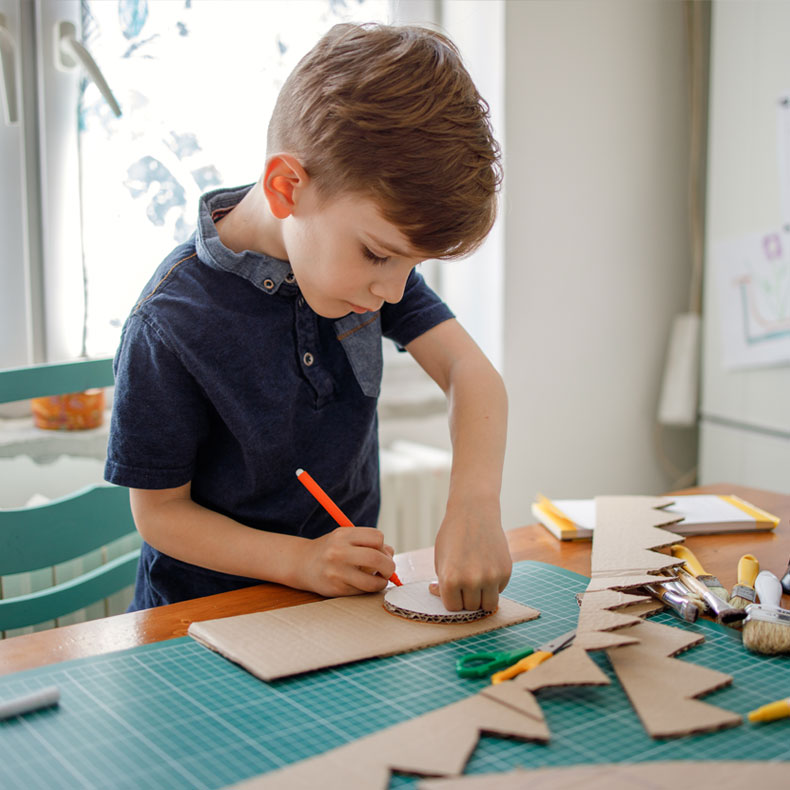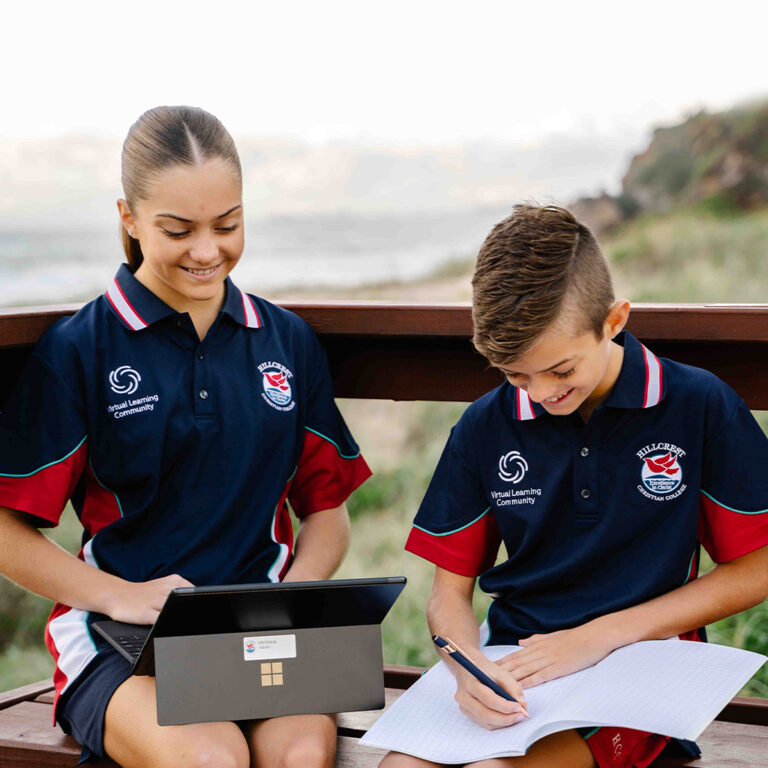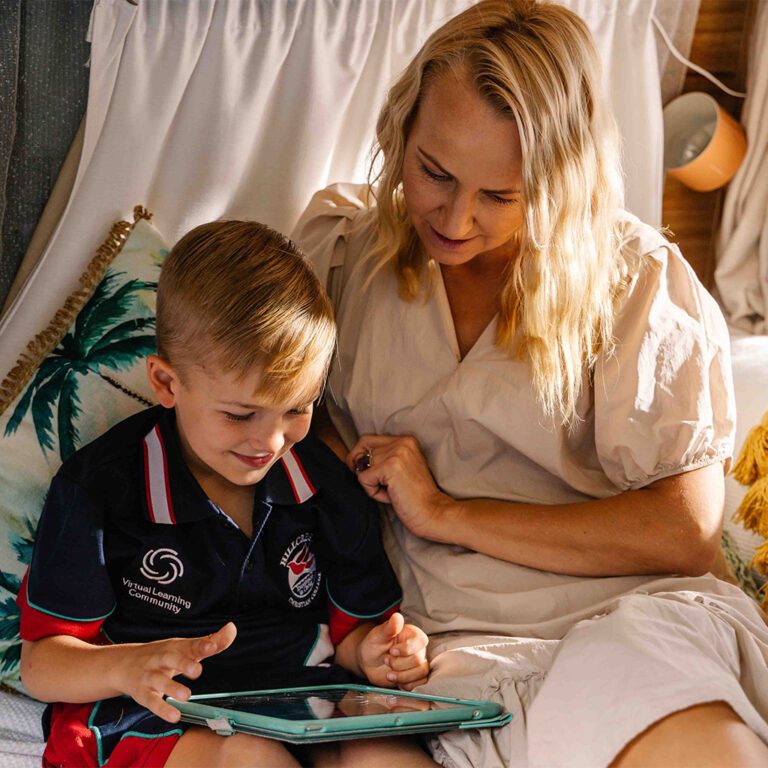I was listening to a podcast by author and leadership guru, Simon Sinek, recently, where he interviewed a man called Pat Berges about the resilience he developed after breaking his back in an accident. The article was full of life-tips for being optimistic in the hardest of circumstances. However, it was actually a story Berges told at the end of the podcast that piqued my interest. Pat is colour-blind, and when he was younger he was teased at school because his colour-by-numbers picture, with its purple sky and brown grass, looked different to everyone else’s. He screwed the paper up and took it home so no-one would see it the next day, but when his mum found it, she challenged him as to what he was going to do about it. His immediate response was that he was throwing it out so no-one would ever see it again, but she challenged him to think bigger. How could he solve this problem? Eventually, he drafted a letter to the CEO of Crayola explaining his difficulty with colour-blindness, and suggested that they put the names of the colours on the marker pens, as they had done on their crayons, so that kids like him could identify the colours they were supposed to use. Not long after, he received a package in the mail from the CEO; the first box of markers produced that had the colours printed on the side, with a grateful letter thanking Pat, and saying he couldn’t believe they hadn’t thought of doing this earlier. At the time, Pat was in Year 2.
We know that students learn best when they are engaged in real-life tasks, and can see a purpose for the content and skills they are learning. In a world where students have access to CEOs, actors, authors, computer programmers and world leaders at the end of a social media account or email address, they are able to reach out to people who can help them effect real change in the world. This can start in their local community, church, school, or local government area, but can even reach a global audience.
In the VLC, students learn through Design-Centred Learning (DCL) units that are created to facilitate an integrated, inquiry-based approach to learning. Students investigate real problems in their world, develop empathy and entrepreneurial skills, brainstorm solutions, investigate viability, gain varied perspectives, invite and act on feedback, create prototypes, and evaluate their design. The DCL process involves a celebration of learning with an authentic audience. We believe in empowering our students to enact real change in the world, and that might just start with printing colour names on markers to assist accessibility for others. If your child is looking to make an impact in the world, contact us to find out more about our programs in the Virtual Learning Community.
Author: Danni Foster-Brown
Head of Virtual Learning Community
Distance Education suited to your family and lifestyle
Hillcrest Christian College’s Virtual Learning Community (VLC) offers your family a truly flexible Distance Education learning experience, so your child can access an exceptional independent school education to suit your family’s lifestyle.





